A Point of Sale (POS) system is a combination of hardware and software that allows businesses to complete sales transactions. POS systems have evolved significantly, offering various features and capabilities to suit different types of businesses. This article explores the different types of POS systems, highlighting their key features and ideal use cases.
1. Traditional POS Systems
Traditional POS systems are the classic, hardware-based systems that have been used in retail and hospitality for decades. These systems typically include a cash register, computer, monitor, barcode scanner, receipt printer, and card reader.
Key Features:
- Reliable and robust hardware.
- Customizable software tailored to specific industries.
- Can handle high transaction volumes.
Ideal For:
- Established retail stores.
- Large restaurants and hospitality businesses.

2. Cloud-Based POS Systems
Cloud-based POS systems store data on remote servers and can be accessed via the internet. This type of system offers flexibility and scalability, allowing businesses to manage their operations from anywhere.
Key Features:
- Real-time data synchronization.
- Access from multiple devices, including tablets and smartphones.
- Regular software updates and maintenance handled by the provider.
Ideal For:
- Small to medium-sized businesses.
- Businesses with multiple locations.
- Mobile businesses like food trucks and pop-up shops.
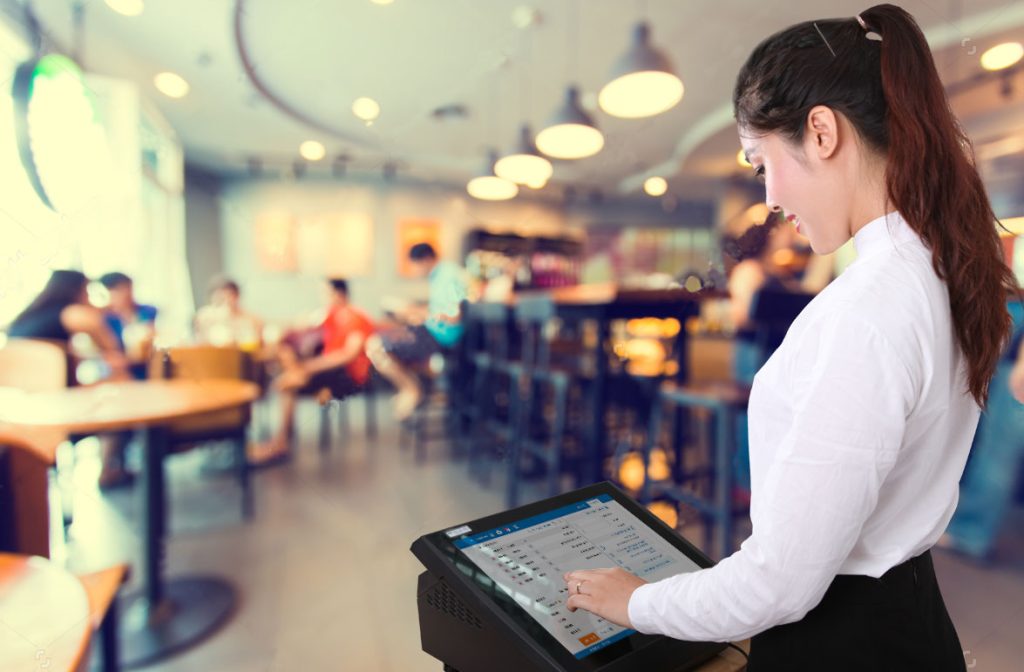
3. Mobile POS Systems
Mobile POS (mPOS) systems use mobile devices such as smartphones or tablets to process transactions. These systems are highly portable and often use cloud-based software.
Key Features:
- Portability and ease of use.
- Lower upfront costs.
- Integration with other business apps and services.
Ideal For:
- Small retail businesses.
- Cafes and small restaurants.
- Market vendors and on-the-go sales.
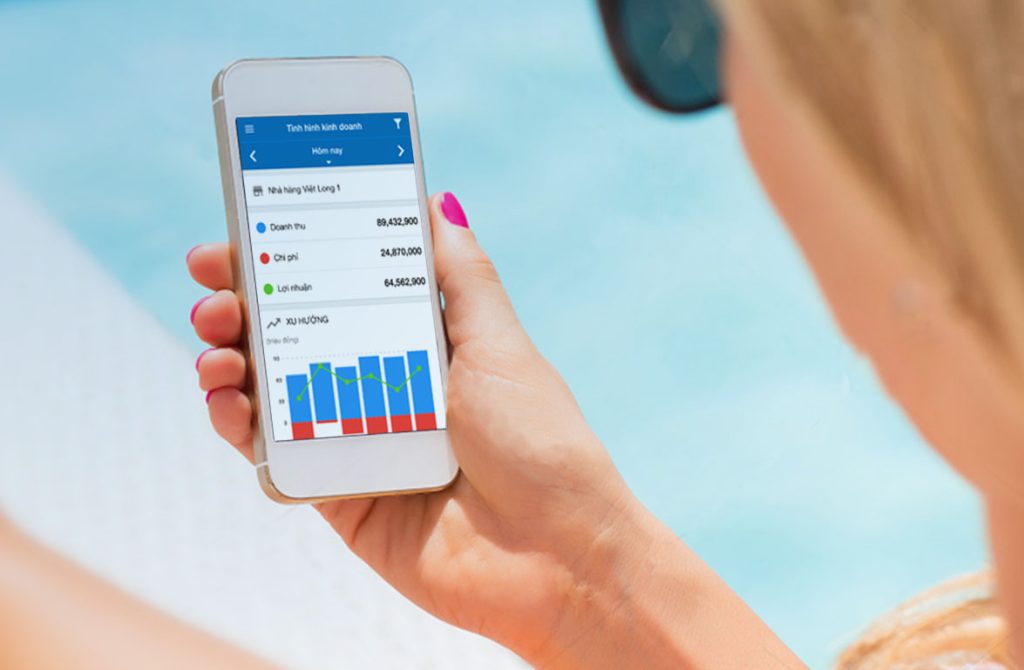
4. Tablet POS Systems
Tablet POS systems use tablets as the main hardware component, combined with cloud-based or locally installed software. These systems offer a modern and sleek alternative to traditional POS systems.
Key Features:
- User-friendly interface.
- Customizable software options.
- Integration with various peripherals (e.g., cash drawers, receipt printers).
Ideal For:
- Boutiques and specialty stores.
- Quick-service restaurants.
- Businesses seeking a modern, streamlined setup.
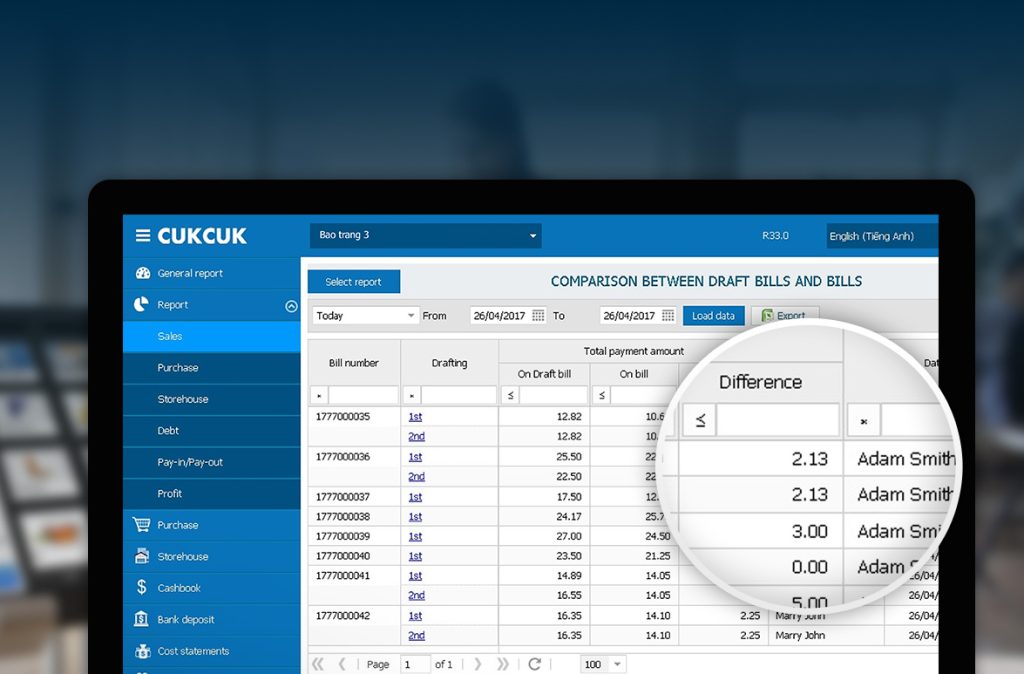
5. Self-Service Kiosk POS Systems
Self-service kiosk POS systems allow customers to place orders and make payments without the assistance of staff. These systems are often found in fast food restaurants, cinemas, and retail stores.
Key Features:
- Reduces wait times and improves customer experience.
- Increases order accuracy.
- Allows staff to focus on other tasks.
Ideal For:
- Quick-service restaurants.
- Grocery stores.
- Cinemas and entertainment venues.

6. Multichannel POS Systems
Multichannel POS systems integrate sales from various channels, including in-store, online, and mobile sales. This type of system provides a unified view of inventory, customer data, and sales analytics.
Key Features:
- Centralized inventory management.
- Consistent customer experience across channels.
- Comprehensive sales reporting.
Ideal For:
- Retailers with both physical and online stores.
- Businesses looking to offer a seamless omnichannel experience.
- Companies seeking detailed analytics and reporting.

Conclusion
Choosing the right POS system depends on the specific needs and goals of your business. Traditional POS systems offer robust hardware solutions for high-volume operations, while cloud-based and mobile POS systems provide flexibility and ease of access for smaller businesses and those on the go. Tablet POS systems offer a modern look, self-service kiosks enhance customer experience, and multichannel POS systems provide a comprehensive solution for businesses operating across multiple sales channels. Understanding the features and benefits of each type can help you make an informed decision that will support your business’s growth and efficiency.

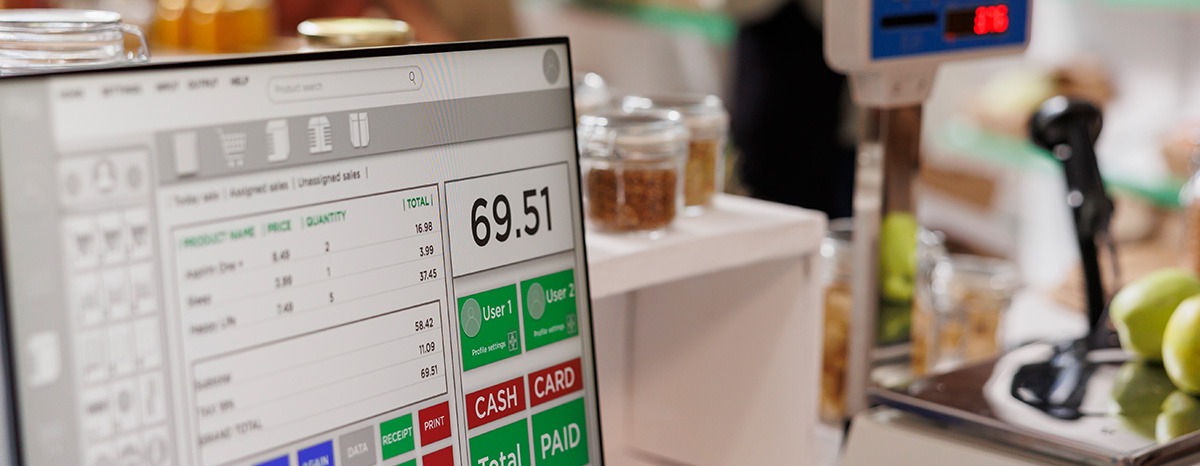


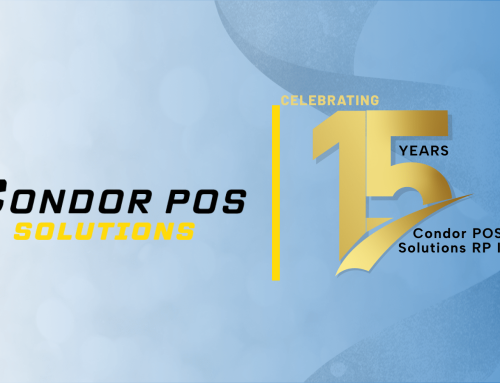

Leave A Comment